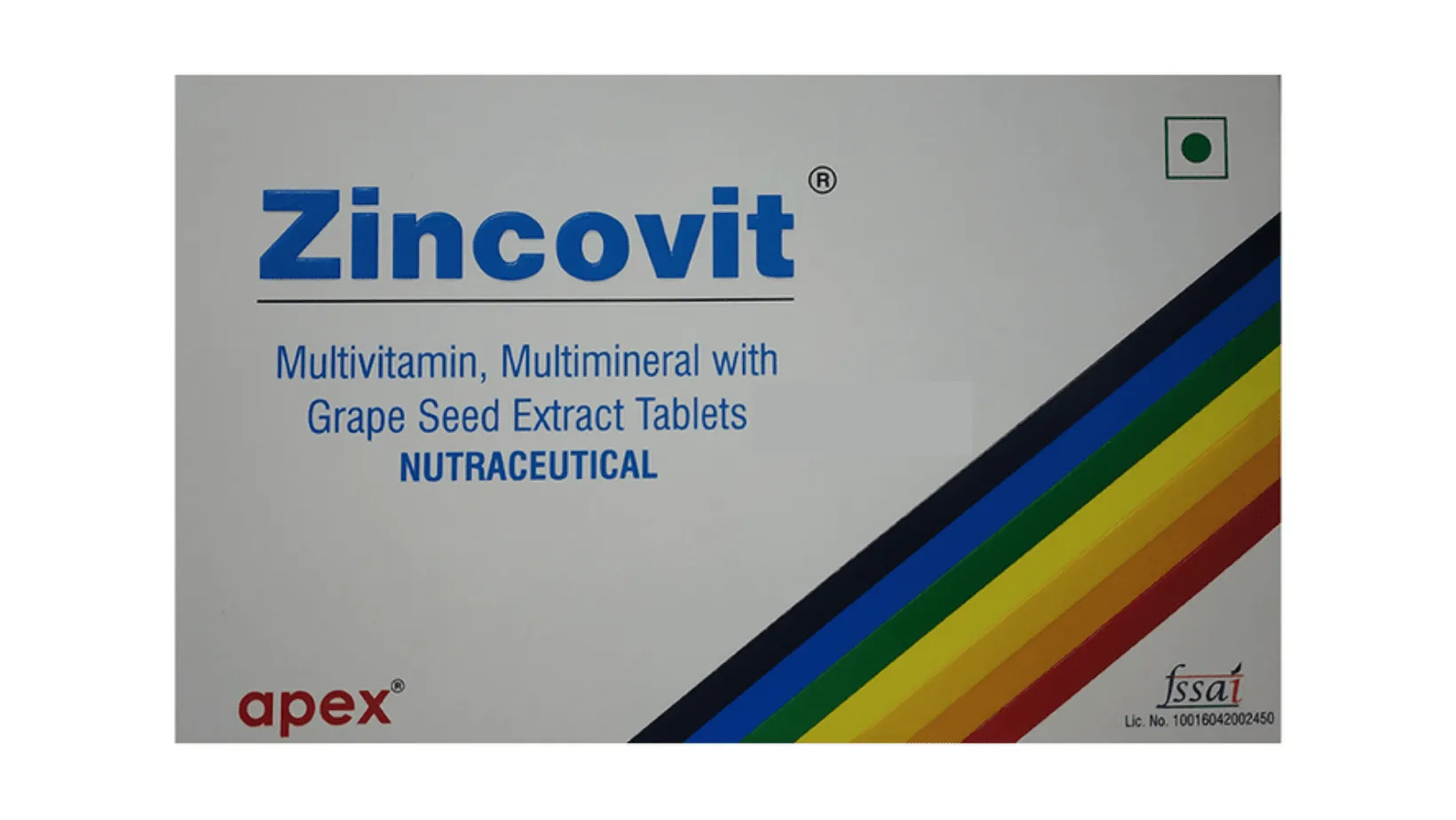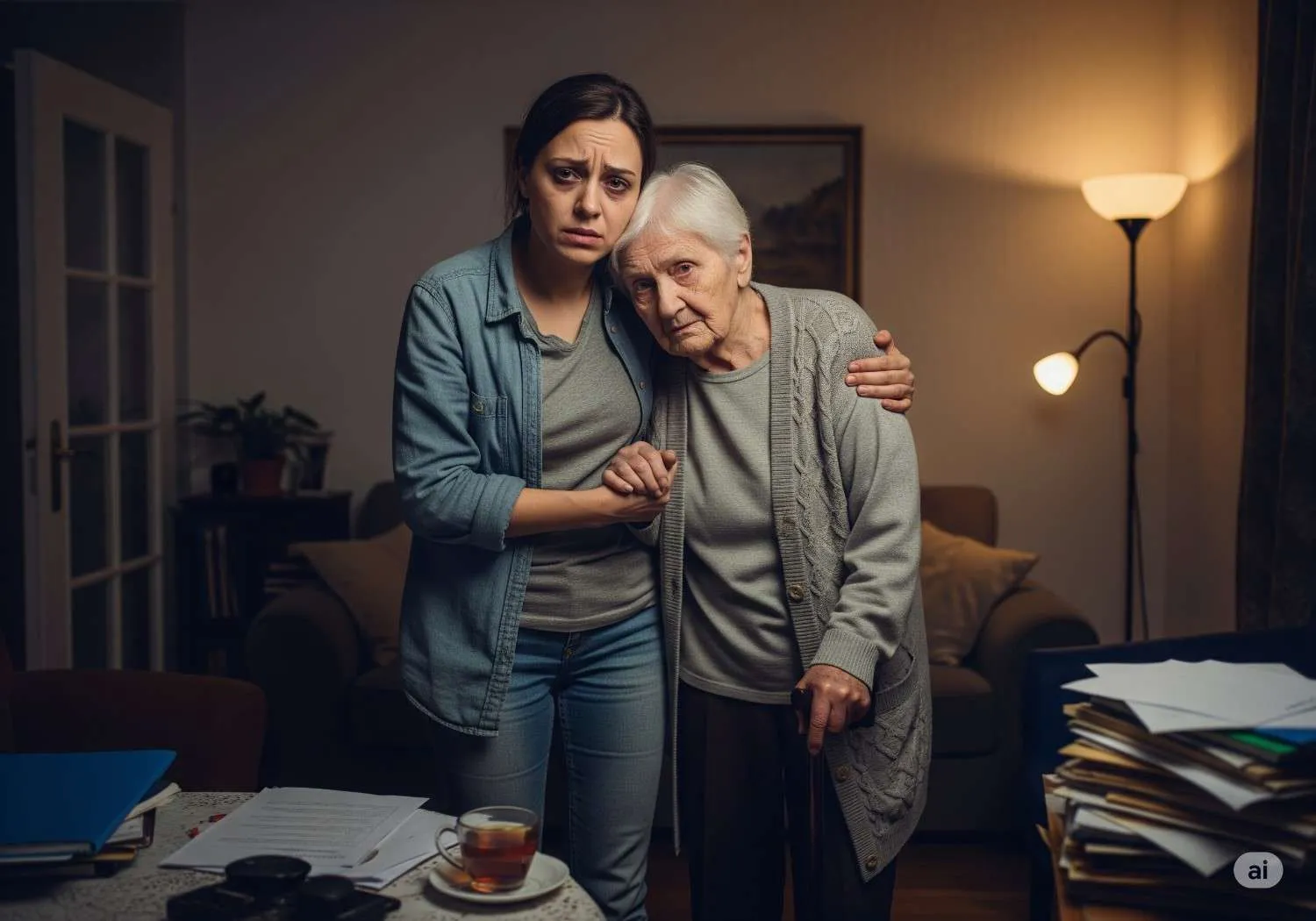When you're living with a chronic illness, the pain goes far beyond the physical. There's the emotional weight.
The isolation.
The frustration of repeating your story to people who just don't get it.
And that's exactly where support groups come in.
They aren't just a place to vent.
They’re a space to be seen, heard, and understood by people who truly know what you're going through.
Let’s break down how they actually help—and why joining one could be the most healing step you take.
You’re Not Alone—And That Changes Everything
A diagnosis can feel like a wall that separates you from the rest of the world. But in a support group, that wall comes down.
You meet others who live with the same condition, manage similar symptoms, and ask the same questions.
Suddenly, you’re not an outsider anymore.
You’re part of a tribe.
That emotional connection—knowing you’re not the only one—is a massive mental relief. It lowers stress.
It eases anxiety.
And it reminds you that you're still you, not just your illness.
Shared Knowledge = Better Coping
Doctors give you the clinical side of care.
Support groups give you the real-life hacks.
Things like:
● Which foods made someone feel worse
● Which therapies actually helped
● How to talk to your boss about flexible hours
● What questions to ask your specialist
You get access to the lived experiences of people who’ve been there. That kind of wisdom isn’t found in pamphlets—it’s passed on through peer connection.
And it can help you feel more confident and in control.
Why Peer Connection Is So Effective
There’s something uniquely healing about connecting with people who’ve walked a similar path. Even when family and friends are supportive, they often can’t fully relate. In a peer group, there’s an unspoken understanding. You don’t need to explain your limits. You don’t have to justify your fatigue. You can just be.
This level of understanding builds trust and connection in a way that feels both comforting and energizing.
Talking Is Healing (Even When You're Not a Talker)
You don’t have to share your deepest thoughts right away.
Just showing up and listening is powerful.
Hearing others put your feelings into words can help you understand yourself better. Over time, you might find that talking becomes easier.
Lighter.
You realize that sharing your journey doesn’t make you a burden.
It makes you brave.
And every time you open up, someone else feels less alone, too.
Emotional Relief in a Safe Space
Chronic illness often comes with invisible symptoms—fatigue, brain fog, depression. These are hard to explain to friends and family who don’t experience them. Support groups give you a judgment-free zone to talk about these things. No eye rolls. No awkward silences.
Just people who say, “Yeah, I’ve felt that too.”
And that kind of understanding?
It’s emotional medicine.
Caregivers Benefit Too
If you’re caring for someone with a chronic illness, you carry a heavy load too. There are support groups just for you.
They offer a space to talk about your own mental health.
To meet others who know what sleepless nights and endless appointments feel like. Because caregivers need support, not just strength.
Online Support Groups: Healing from Home
You don’t always have the energy to leave the house. That’s okay.
Online support groups make connections easier than ever.
They’re flexible. Private. And available across time zones.
You can find general groups or ones specific to your condition—diabetes, lupus, cancer, fibromyalgia, and more.
How Support Groups Help With Emotional Recovery
1. Reduces Isolation and Loneliness
Living with a chronic illness can feel incredibly lonely, especially when friends or family don’t fully understand your reality. In a support group, that isolation begins to lift. You meet others who live with the same daily pain, fatigue, or emotional rollercoasters. You’re reminded: you’re not alone.
2. Provides Emotional Validation
One of the biggest gifts a support group offers is this: someone else says, “Me too.” You don’t have to explain every symptom. You don’t have to justify your limits. In this space, your experience is seen and accepted without judgment.
That validation reduces emotional stress and helps ease feelings of guilt, frustration, or shame that often accompany chronic illness.
3. Builds Hope Through Shared Stories
Support groups aren’t just about pain—they’re about progress. You hear stories of others who’ve found effective treatments, made lifestyle changes, or simply learned to cope better. These stories can reignite your hope. They remind you that healing doesn’t always mean being cured—it can mean adapting, accepting, and finding joy again.
4. Boosts Mental Health
Studies have shown that people who regularly attend peer support groups report lower rates of depression and anxiety. They also tend to experience:
● Better self-esteem
● More positive outlooks
● Greater emotional resilience
This emotional strength plays a crucial role in managing the ups and downs of chronic illness. What Makes a Good Support Group?
Not all groups are the same. Here's what to look for:
✅ A clear focus (e.g., condition-specific, caregiver-focused, emotional support)
✅ An experienced or trained facilitator
✅ Respectful and inclusive space
✅ Confidentiality
✅ Regular sessions
You deserve a space where you feel safe and uplifted. Don’t settle for less.
Final Thoughts: Connection Is a Form of Healing
Living with chronic illness is hard. But being surrounded by people who understand—that changes everything.
Support groups won’t cure your illness, but they can:
● Lift your spirits
● Give you practical tools
● Help you rebuild your identity
● Connect you to a sense of purpose and possibility
Healing, in all its forms, is amplified through connection. And sometimes, the most powerful medicine isn’t found in a bottle, but in a conversation.
Ready to Find a Support Group That Fits Your Life?
If you're looking for a safe, inclusive space to share, learn, and heal, check out mentalhappy. At MentalHappy, we host support groups led by experts and peers who truly care. Whether you’re managing chronic pain, emotional overwhelm, or simply want to find a community that gets it—we’re here for you.
You don’t have to navigate this alone. Join a group and take your next step toward healing—together.
Disclaimer: The statements, opinions, and data contained in these publications are solely those of the individual authors and contributors and not of Credihealth and the editor(s).
Reviewed by







